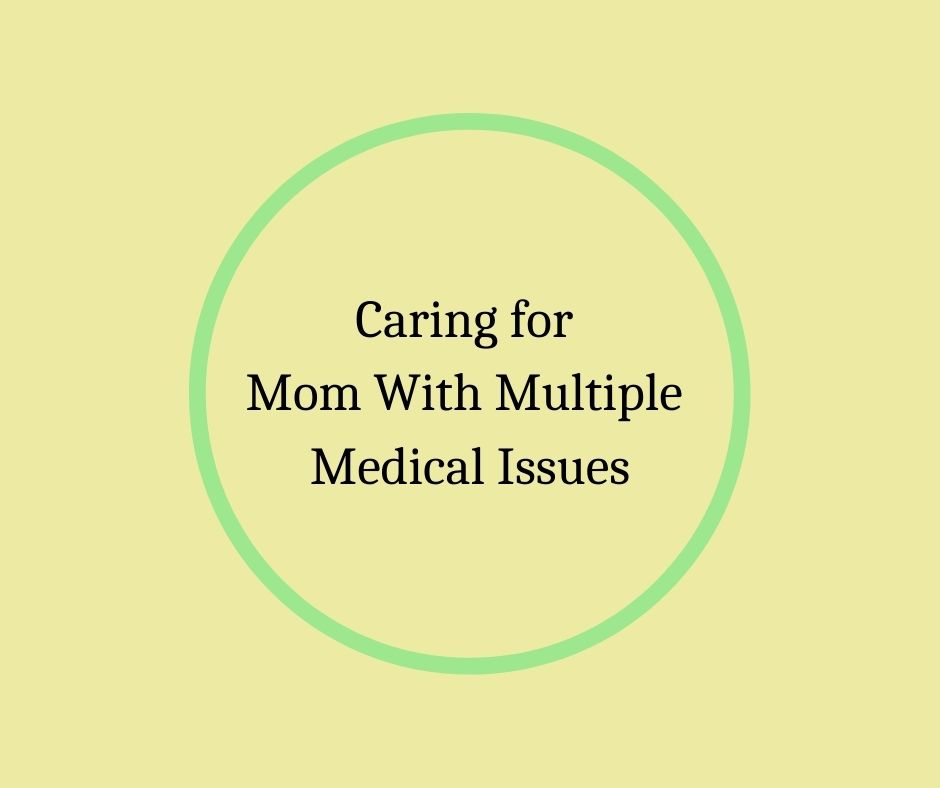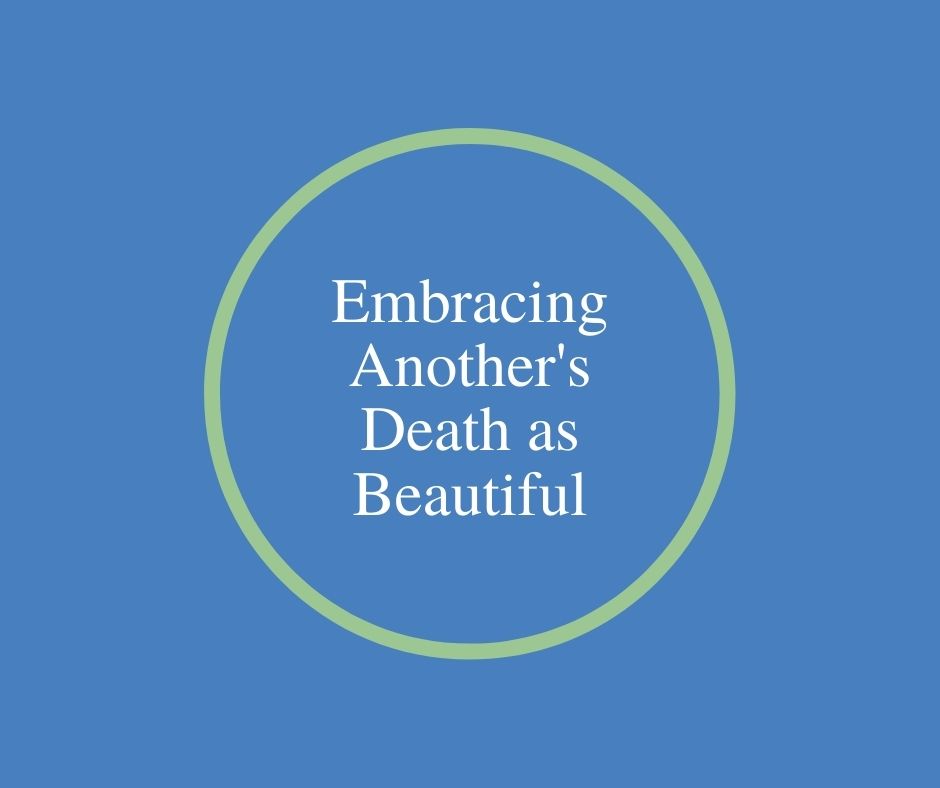Dear Barbara, my friends are getting terrible diagnoses. The women I am seeing are way too young to die. How do they make the decision to throw everything at their disease in the form of treatments that offer the low odds they will survive and poor quality of living during the treatment time or to “make the best” of the time they have left with no treatment?
The uncomfortable truth is disease and dying have no age barrier, it happens when it happens. You are so right that the decision to treat or try to live your best life is monumental, and age does play a factor in those decisions.
I have no answer in the decision making---too many circumstances come into play for a one size fits all answer---but here are some things I would consider:
*Age: I’ll get some slack on this statement but anyone over 75 in my mind requires quality of life thinking. What is the quality of the living I have left compared to being VERY sick with treatment options for an undetermined amount of time, if not always? Are many months of response to treatment (and maybe for the rest of my life) worth the extra breaths? For some, it will be. For others, maybe not.
*Extent of disease progression: How advanced is the disease in its progress toward ending life? What is the prognosis for the end result of treatment? Is it simply to reduce the tumor size and limit further disease progression? Is the purpose of treatment to eliminate or simply control? Is it to offer an active, fulfilling lifestyle when treatments are finished? Does treatment bring about a cure and a return to a normal, active life or is treatment slowing the disease progression but not eliminating it?
*What happens if I say no to treatment options? A scary question to ask, but important when making a quality of living decision. No one can put a number on how long someone has to live. There are too many personal factors determining the breaths we take BUT guesstimates can be made in years and months.
I have found that doctors tend to give people more time than they really think they have. Guess it’s too hard to tell the truth when looking at end of life. To be fair, there are so many factors in the dying process that it is impossible to put a number or be accurate as to how long someone has to live. It is also difficult, as treatment begins, to determine how the body and the disease will respond to the treatments offered.
Who said, “it isn’t about how many breaths we take in life but about what we do while taking those breaths” (or something like that)? You get my point. What is life really about? Living is the answer I’m going with. The definition of living is activity, interacting, thinking, feeling and, I hope, looking for joy and fulfillment.
Nowhere is it written how long life will be. That statement is challenging to accept when someone close to us approaches the end of theirs.
Something More about... To Treat or Not to Treat Disease at End of Life
When a person receives the diagnosis of a life-threatening illness, life as they know it ceases. They find themselves in uncharted territory with no script to follow. My booklet, A Time to Live: Living With a Life-Threatening Illness honors whatever life prolonging choices are being made while at the same time suggesting we look at the gifts life offers each day.








1 comment
Diana
In my cancer care ministry I ask them Do you want quantity or quality of life. Quantity of life is one of sickness, not able to do things or visit because you have no energy to do them. Quality of life is one where you are in control of your life , eating what you want and continuing on as usual. The ones I have talked with and even both of my parents took quality of life, as well as my husband. Life for them was a beautiful life with a beautiful ending.
In my cancer care ministry I ask them Do you want quantity or quality of life. Quantity of life is one of sickness, not able to do things or visit because you have no energy to do them. Quality of life is one where you are in control of your life , eating what you want and continuing on as usual. The ones I have talked with and even both of my parents took quality of life, as well as my husband. Life for them was a beautiful life with a beautiful ending.